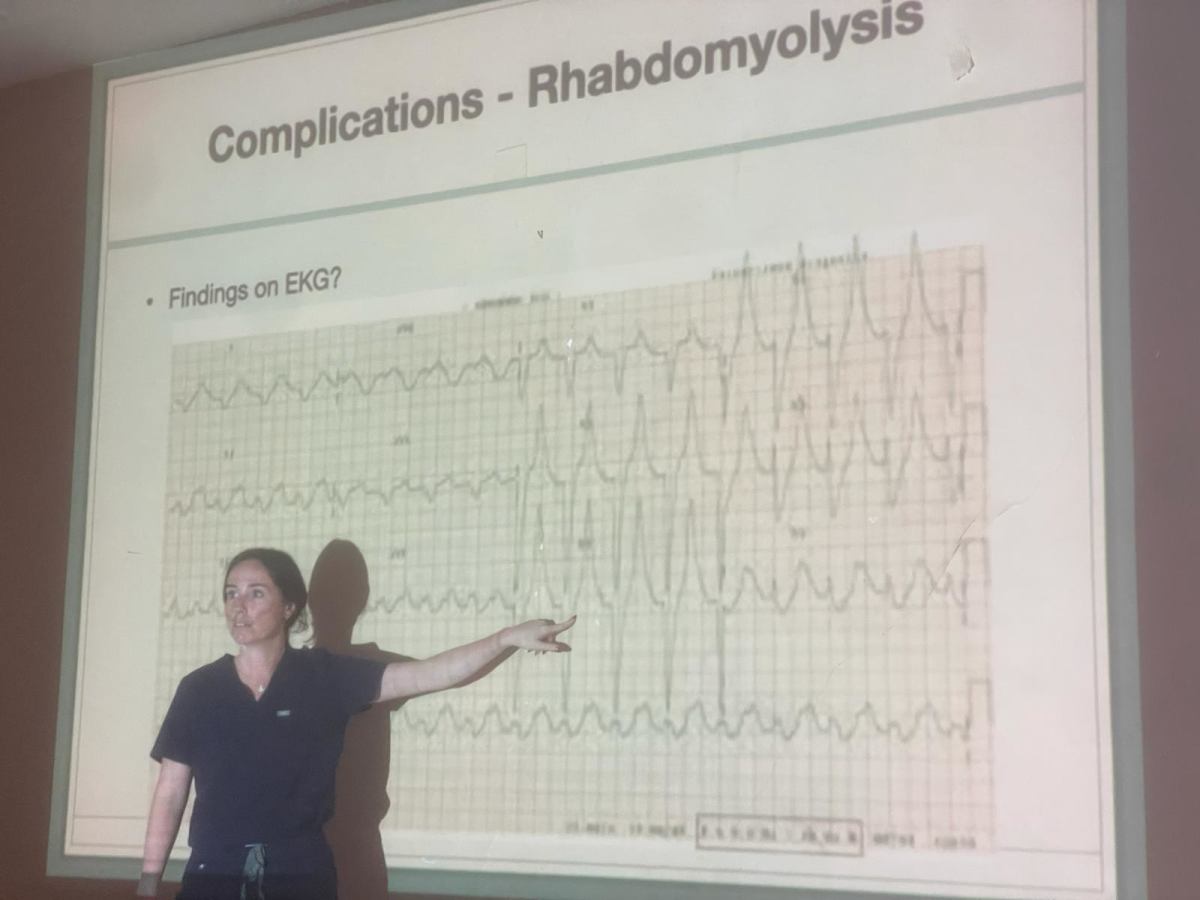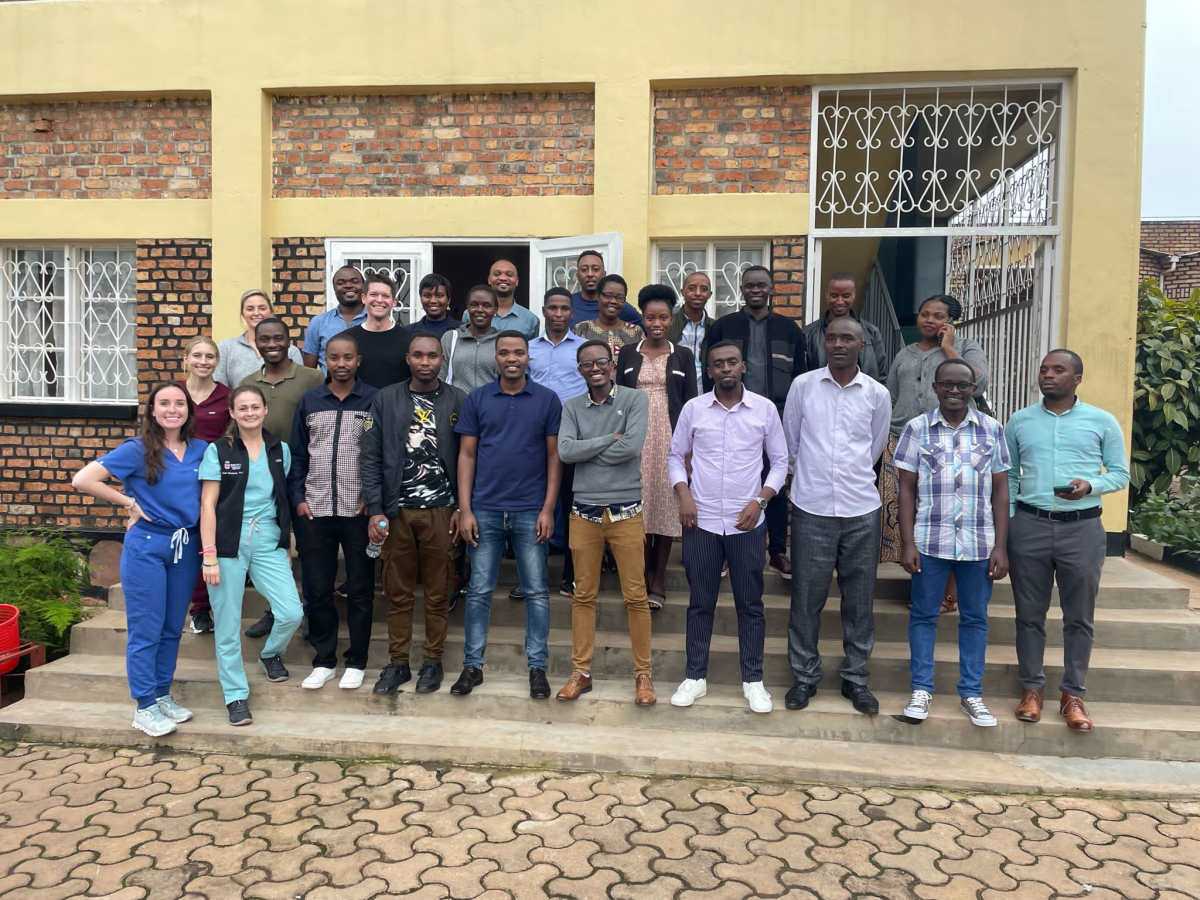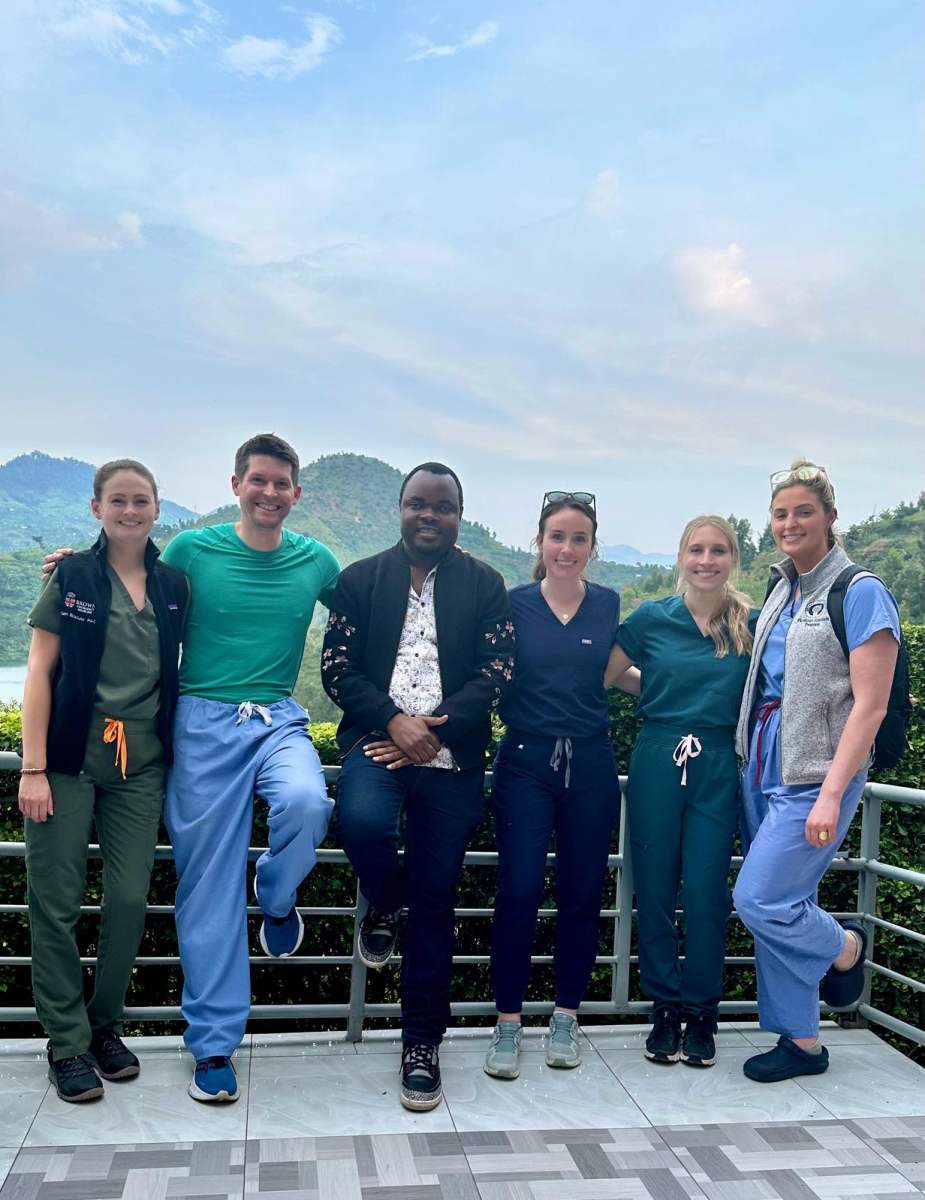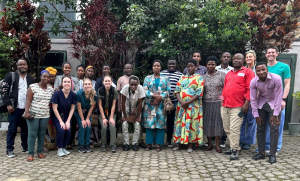This coming January I will be traveling to Rwanda to participate in the Rwanda Trauma and First Aid Initiative alongside physicians from The Warren Alpert Medical School of Brown University's Global Emergency Medicine Fellowship. This project aims to provide education on the evaluation and management of trauma patients in a multitude of ways. We will provide teaching to medical staff at multiple district hospitals focusing on systematic approach to this patient population and assessing each facility's trauma capabilities utilizing the WHO's Hospital Emergency Unit Assessment Tool (HEAT). This will provide an analysis of Rwanda's current system on a relative scale. HEAT will provide a broad overview of these facility’s emergency capabilities in terms of infrastructure, emergency personnel, and available interventions. Our aim is to assess each hospital’s current resources to pinpoint areas for improvement for resource allocation and other barriers to patient care. Additionally, we will be providing direct education to emergency medicine resident physicians in Kigali at their weekly didactics. This resident education will focus on a systematic approach to the traumatic patient. Lastly, the city of Kigali hosts "no car days" in which citizens are encouraged to participate in community engagement. Community fairs, including those focused on public health, are held in major intersections throughout the city. We will host a booth providing education on first aid, basics of hemorrhage control, and compressions only cardiopulmonary resuscitation. With donations of both supplies and funds our goal is to provide each participating household with a first aid kit after they receive the education.
We will provide education to approximately 125 medical professionals across five district hospitals in communities surrounding the Rwandan capital of Kigali. This will include staff physicians, resident physicians, and nursing staff. This will expand the knowledge base of all emergency personnel these five designated hospitals. Additionally, we hope to provide community-based teaching as well as first aid home kits to over 200 citizens of Kigali.
The overall goal of this mission trip is to expand the education of those 125 medical professionals in the evaluation and management of the traumatic patient. As traumatic injuries are common causes of mortality in Rwanda, this is a fundamental area of medicine that requires constant retraining and systematic evaluation. Another goal is to build connections with the emergency medicine residents in Kigali and ultimately learn from each other. Additionally with the public health arm of this trip, our goal is to provide the basics of wound care, first aid techniques, and CPR to over 200 citizens of Kigali. Lastly, this mission trip will have a profound impact on my own medical education. I am a current second year emergency medicine resident with aspirations to continue my passion for global health at a fellowship level. This mission trip will expand my experience with international medicine and connections within the Brown University. The data collection we will perform on this trip will drive our stateside research and allow us to directly assist those in the country for Rwanda










We spent 2 weeks in Rwanda teaching at a variety of district hospitals. The primary focus of these teachings was trauma. Lectures including primary/secondary survey, pediatric head trauma, pediatric cardiopulmonary resuscitation, adult and pediatric head trauma, and more. In total we held seven sessions across the country for approximately 200 participants including physicians, nurses, and students. It was a fantastic opportunity to reach a large audience. We obtained data about knowledge retained and attitude surveys. We worked side be side with Rwandan emergency physicians and learned so much from each other. I am very thankful for the Dox foundation in supporting me in this endeavor.